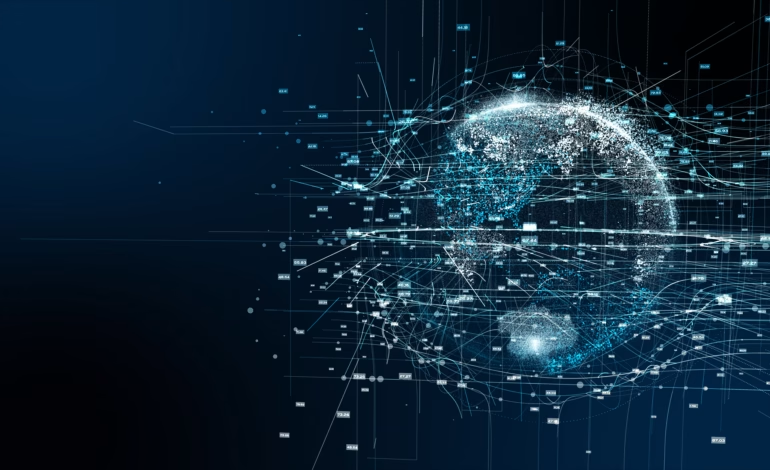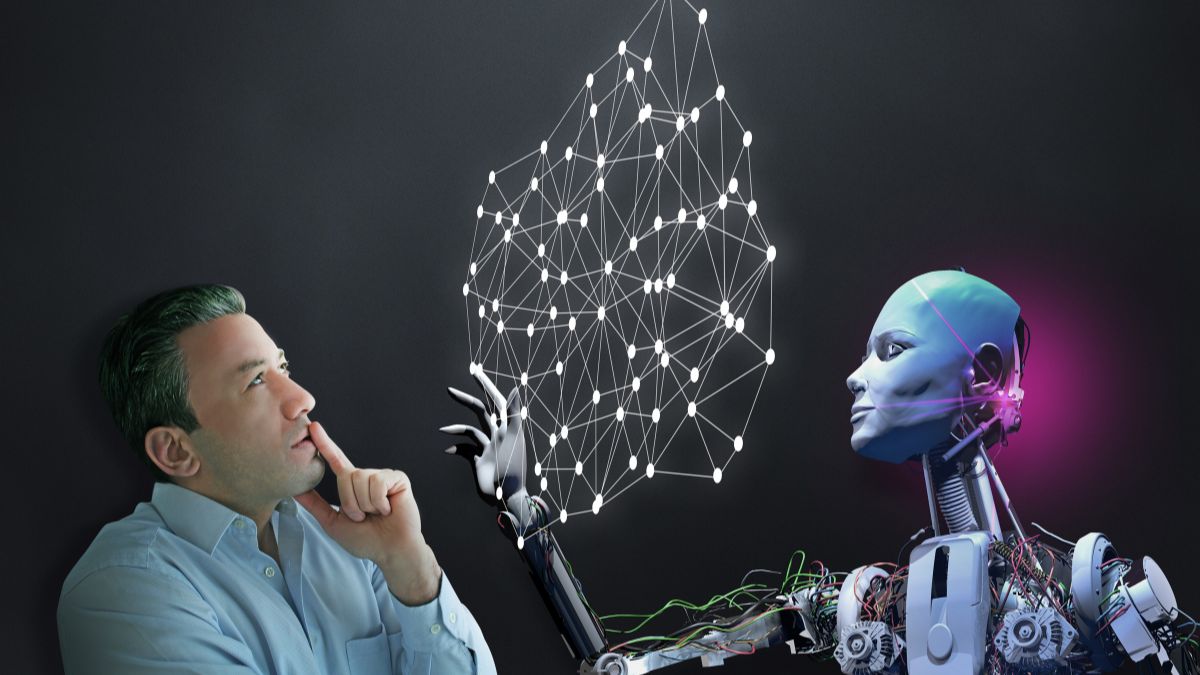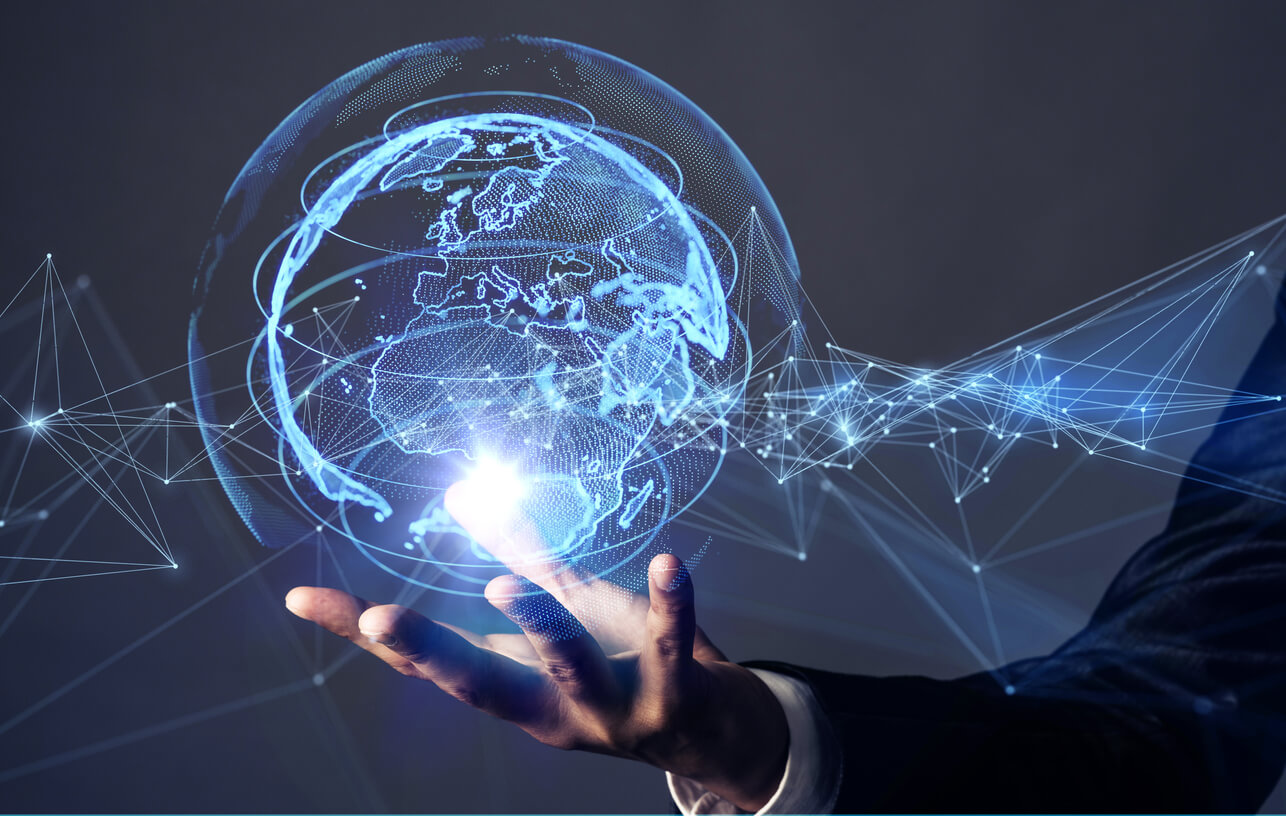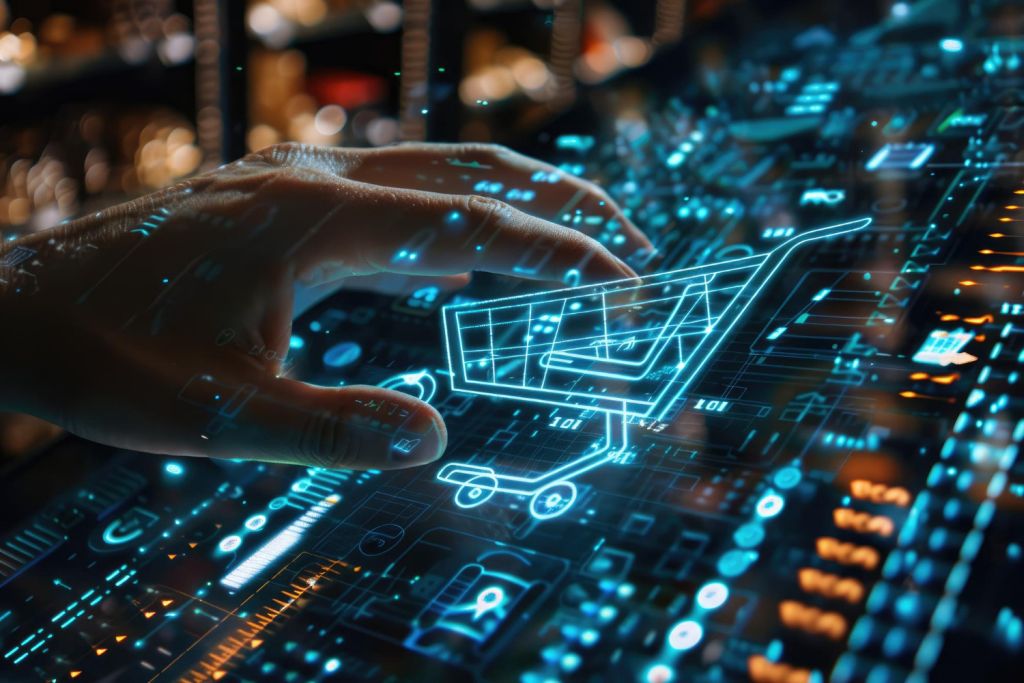The Future of Technology: Innovations Shaping Tomorrow’s World

Technology is evolving at a breakneck pace, fundamentally transforming the way we live, work, and interact. From artificial intelligence (AI) and the Internet of Things (IoT) to blockchain and quantum computing, innovations are redefining industries and creating new opportunities. As technology continues to advance, businesses, governments, and individuals must adapt to stay competitive and harness its potential.
This article explores the latest trends in technology, their impact on society and business, and what the future may hold.
Artificial Intelligence: Powering Smarter Solutions
Artificial Intelligence (AI) has moved from the realm of science fiction into practical applications that are transforming industries. AI systems can analyze vast amounts of data, recognize patterns, and make decisions faster than humans, improving efficiency and innovation.
Applications of AI include:
-
Healthcare: AI-assisted diagnostics, predictive analytics, and personalized treatment plans are improving patient outcomes.
-
Finance: AI-driven algorithms enhance fraud detection, investment strategies, and customer service.
-
Retail: Personalization, inventory management, and demand forecasting are revolutionized through AI.
-
Transportation: Autonomous vehicles and route optimization improve efficiency and safety.
AI is not only changing processes but also creating new business models, driving innovation, and opening doors to technologies that were previously unimaginable.
Internet of Things (IoT): Connecting the World
The Internet of Things (IoT) refers to a network of connected devices that collect, share, and analyze data. From smart homes to industrial automation, IoT is creating a more interconnected and efficient world.
Key IoT applications include:
-
Smart homes: Thermostats, security systems, and appliances are optimized for convenience and energy efficiency.
-
Healthcare: Wearable devices monitor vital signs, track fitness, and alert caregivers to potential health issues.
-
Manufacturing: Sensors monitor machinery, predict maintenance needs, and improve productivity.
-
Smart cities: Traffic management, energy distribution, and public safety are enhanced through IoT integration.
By leveraging IoT, businesses can optimize operations, reduce costs, and provide more personalized experiences to consumers.

Blockchain: Securing Transactions and Data
Blockchain technology, best known for cryptocurrencies like Bitcoin, is transforming how data and transactions are handled. It provides a decentralized, transparent, and secure way to record information, making it ideal for industries that require trust and verification.
Applications of blockchain include:
-
Finance: Faster, more secure transactions and reduced fraud.
-
Supply chain management: Tracking goods from origin to destination, ensuring authenticity.
-
Healthcare: Securing patient records and enabling data sharing across providers.
-
Voting systems: Enhancing transparency and reducing tampering in elections.
As blockchain adoption expands, it will disrupt traditional systems and redefine trust and security in digital transactions.
Cloud Computing: The Backbone of Modern Tech
Cloud computing enables businesses and individuals to access computing resources, storage, and applications over the internet, offering scalability, cost savings, and flexibility.
Key benefits include:
-
Cost efficiency: Reduces the need for expensive on-premises infrastructure.
-
Scalability: Allows businesses to quickly adjust computing resources based on demand.
-
Collaboration: Facilitates remote work with shared platforms and real-time data access.
-
Data security: Cloud providers offer robust security measures, backups, and disaster recovery.
From startups to multinational corporations, cloud computing is critical for agility, innovation, and operational efficiency in today’s digital landscape.
Cybersecurity: Protecting the Digital World
As technology becomes more pervasive, cybersecurity is increasingly critical. Cyber threats, including data breaches, ransomware, and phishing attacks, pose significant risks to individuals, businesses, and governments.
Trends in cybersecurity include:
-
AI-driven threat detection: Identifying and responding to threats in real time.
-
Zero-trust security models: Verifying every device and user before granting access.
-
Blockchain security applications: Ensuring data integrity and secure transactions.
-
Cybersecurity education: Raising awareness among employees and users to prevent attacks.
Effective cybersecurity strategies are essential to maintaining trust, protecting sensitive information, and ensuring uninterrupted operations.
Emerging Technologies: Quantum Computing and Beyond
Quantum computing promises to revolutionize computing power by leveraging quantum mechanics to solve complex problems far faster than classical computers. Applications range from drug discovery and financial modeling to climate simulations and cryptography.
Other emerging technologies shaping the future include:
-
Augmented Reality (AR) and Virtual Reality (VR): Transforming gaming, education, and training by providing immersive experiences.
-
5G networks: Enabling faster, more reliable connectivity for IoT, autonomous vehicles, and smart cities.
-
Robotics: Automating repetitive tasks, performing precise surgeries, and enhancing logistics and manufacturing.
-
Biotechnology: Integrating tech innovations in medicine for personalized treatments and health monitoring.
These technologies will redefine industries, create new opportunities, and drive innovation across sectors.
Technology and Society: Opportunities and Challenges
While technology offers immense potential, it also brings challenges. Ethical considerations, privacy concerns, job displacement due to automation, and digital divides must be addressed to ensure equitable and responsible adoption.
Opportunities include:
-
Enhanced efficiency and productivity in business.
-
Improved quality of life through healthcare innovations and smart infrastructure.
-
Democratization of information and learning through digital platforms.
-
Sustainable solutions for energy, transportation, and resource management.
Challenges include:
-
Ensuring data privacy and security.
-
Managing ethical dilemmas in AI decision-making.
-
Bridging the digital divide to ensure access for all populations.
-
Adapting workforce skills to a rapidly changing technological landscape.
Balancing innovation with responsibility is crucial for technology to serve society effectively.
The Future of Technology
The future of technology is intertwined with innovation, connectivity, and ethical responsibility. Key trends include:
-
AI and machine learning becoming integral in decision-making across industries.
-
IoT and smart infrastructure enabling more efficient cities and businesses.
-
Blockchain and decentralized technologies transforming trust, security, and transparency.
-
Sustainable tech solutions addressing climate change and resource management.
-
Human-centric design ensuring technology enhances lives rather than creating barriers.
Businesses and individuals that embrace innovation while prioritizing ethics, security, and inclusivity will thrive in this rapidly evolving landscape.

Conclusion
Technology continues to reshape the world, offering unparalleled opportunities for growth, innovation, and improved quality of life. From AI and IoT to blockchain, cloud computing, and emerging technologies like quantum computing, the possibilities are vast. However, the challenges of cybersecurity, ethics, and accessibility cannot be ignored.
As we move into the future, technology must be harnessed responsibly, ensuring it benefits society, drives sustainable progress, and enhances human potential. Those who understand and adapt to these innovations will lead the charge in creating a smarter, more connected, and equitable world.










